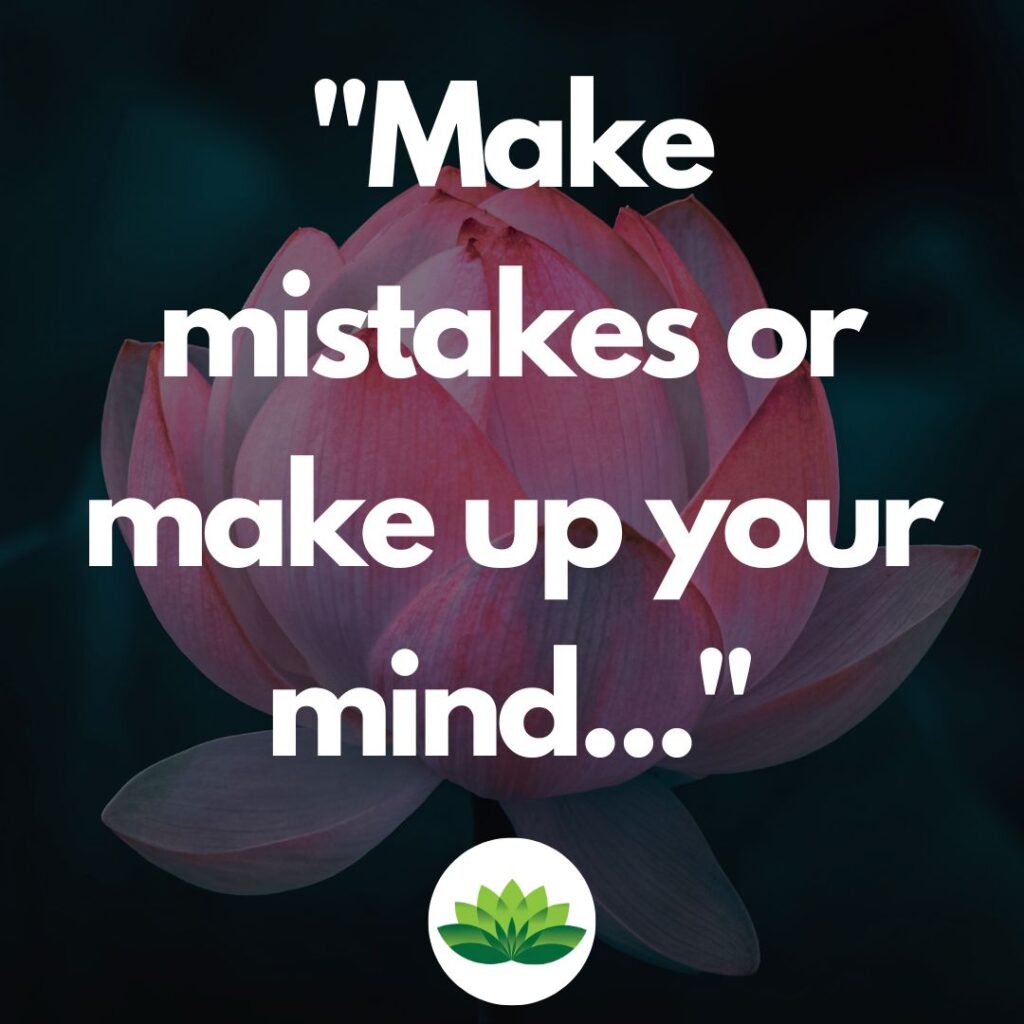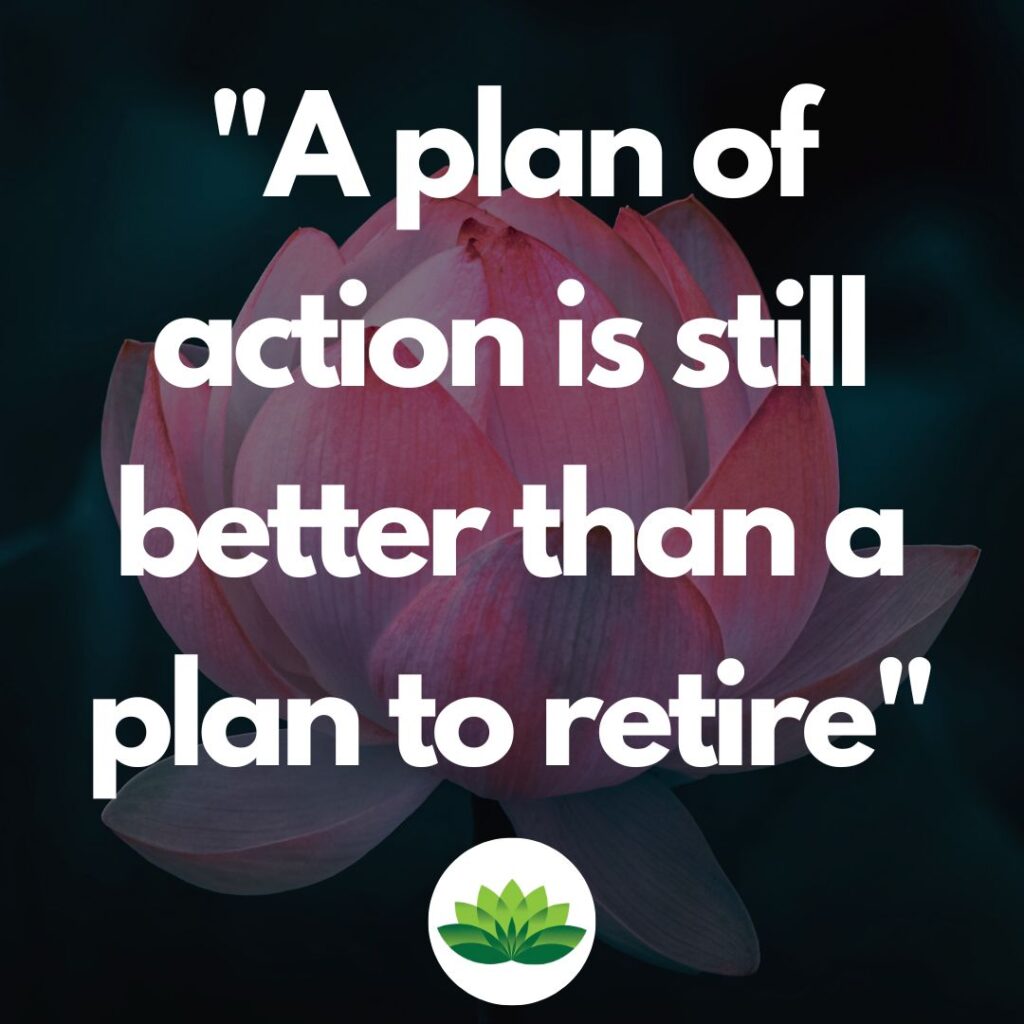Do we grow or improve in life? How to find out? Here’s the guide to personal development vs self-improvement, and know the difference!
Do you think personal development and self-improvement are the same? If you do, then you’re on the same page as everyone! They are similarly different terms that affect our lives in unique ways. That’s why it’s essential to understand their core differences.
Growing up, we always try to value one over the other. As a result, our growth and stability get out of balance. However, we can develop an admirable personality when we understand how they shape our lives.
In other words, we can focus on short-term results and understand the long-term consequences. So, today, we shall discuss personal development vs self-improvement and find out their pros and cons!
A List of Comparison Between the Two
Personality Development Vs Self -Improvement: An In-Depth Look
Both personal growth and self-improvement influence our goals, decisions, and lifestyles. However, when applying them in inappropriate situations, we face issues. For instance, personal development will help you improve your lifestyle but may not deliver the desired results.
Likewise, self-improvement will help you gain instant results, especially in workplaces. But it can also stress you out and make you swim in a pool of misery. So, how do we find which is appropriate and when? Let’s get into it and discuss personal development vs. self-improvement in detail!
1. Internal Growth vs External Learning
Have you seen plants that don’t have broad leaves and multiple branches? Instead, they have long roots or full-grown vegetables beneath the soil. They are the inspiration behind internal growth.
This trait feeds on self-awareness and emotional intelligence. When you face your fears and motivations, you gain a deep understanding of your identity. This inspires you to grow and become the best version of yourself.
On the flip side, external learning is all about reflecting on your success journey. Unlike internal growth, it’s easier for society to cherish and understand. In this case, the plant develops big leaves and various branches for the world to see!
This trait relies on learning things through real-life experiences. It helps you gain relevant skills or certifications and pursue your ambitions. While internal growth is deep, external learning is expansive.
Studies point out that high emotional intelligence improves your overall well-being. While learning skills and gaining knowledge makes you competent and improves your social status.
For this reason, both internal growth and external learning help make a mark. Now, let’s dive into the second way to personal development vs self-improvement!
2. Creating Solutions vs Facing Challenges
Personal development has more to it than meets the eye! It also helps you come up with new ideas to deal with the existing problems. For example, when a person faces certain issues, he can reflect on past experiences and come up with a unique solution.
Besides, he can ensure that he does not repeat past mistakes. If you value personal development, you can see every problem as a growth opportunity and learn from it! That way, you become calm and stable.
Self-improvement is also beyond winning medals and prizes. It allows you to face problems head-on with hard work and consistency. If you emphasize this trait, you work through the issues using trial and error to solve them. That way, you become strong and determined.

A study says that creative problem-solving can help boost mental and emotional health. It is one of the benefits of focusing on personal development. On the other hand, coming face-to-face with life challenges can impart mental resilience and help you perform beyond limits.
Both traits help us unlock our mental and emotional potential in distinct ways. That said, let’s explore the third way to personal development vs self-improvement.
3. Building Life Skills vs Achieving Life Goals
Personal development also focuses on skill building but in its way! How is it different from self-improvement? You don’t need courses, certifications, or any physical proof. Instead, you need life experiences to build them. That’s why they are called life skills.
When you want to develop life skills, you try to understand the importance of careers, relationships, art, spirituality, and philosophy. That way, you achieve mental and emotional stability akin to a monk or a saint!
Conversely, self-improvement inspires you to pursue life goals and improve your success graph with each effort. You frequently test your performance to compare them with others and make necessary adjustments. You also develop a clear goal that helps you earn more money or get ahead on the corporate ladder!
Research shows that building good life skills can boost intelligence and awareness in individuals. These two traits are at the core of personal development. On the other hand, setting life goals develops motivation and consistency and improves life satisfaction levels.
Both traits are valuable for quality of life! That said, let’s discuss the third way to personal development vs self-improvement.
4. Thoughtful Reflection vs Strategic Planning
Have you ever thought about your life? The good, the bad, everything? If yes, then you will surely understand how personal development works. A thoughtful and reflective mind is akin to an intuitive hunch.
Self-reflection guides you like an inner compass and always points to the north of your potential! As a result, you become more rational, gain a sense of direction, and achieve sound judgment. It’s kind of like a mysterious power that comes when you value personal development.
Self-improvement, on the other hand, doesn’t provide you with such a rich experience. Instead, it relies on the existing resources to make an impact. As a result, you develop a strategic mind to plan for a smart future.

While thoughtful reflection aligns you with your goals, strategic planning adapts to the environment and clears the path to implementing the plan of action. This is useful when you have to achieve practical outcomes with a systematic approach.
Studies suggest that thoughtful reflection and mindfulness enhance mental and emotional well-being, which instils a sense of purpose. That’s why people follow the path to personal development.
On the flip side, applying strategies can help individuals achieve successful outcomes without letting go of the resources at hand. Thus, both traits lay distinct paths to improve quality of life. Now, let’s dive into the fifth way to personal development vs self-improvement.
5. ‘Sapling’ Mindset vs ‘Stoic’ Attitude
Have you seen a sapling growing into a plant and finally into a tree? It’s a lively experience, isn’t it? If you love things that grow, you will surely resonate with personal development.
Like a sapling, your growth journey is steady and consistent. In other words, you take your time to grow through good and bad experiences! This trait helps you develop empathy, self-assurance, and life satisfaction with time.
The river of self-development flows along the lines of personal growth. However, it changes its course and blends with the individual attitude or behavior. In other words, it helps you develop a calm and unassuming demeanor that reflects your patience and resilience against all odds. This is called a stoic attitude.
It helps you to make rational judgments by coming to terms with the problems at hand. Similar to the growth mindset, stoicism offers you the strength to deal with unexpected outcomes without breaking a sweat!
Studies show that a growth or ‘sapling’ mindset promotes self-esteem and inner belief. It helps people adapt to situations with a growing self-assurance. That’s why this process closely resembles a sapling’s growth journey.
Self-improvement, on the other hand, is the source behind the stoic attitude. This behavioral tendency helps individuals deal with pressure and maintain a calm demeanor even when decks are stacked against them.
Both traits bring something to the table to celebrate the diversity of the human condition! That said, let’s get into the sixth way to personal development vs self-improvement.
6. Lifelong Consistency vs Instant Priority
Let’s say there’s a spider on a wall that tries to reach from one end to the other through its web. Initially, it fails nine times in its attempts and gets tired. But then it tries the tenth time and finally succeeds. What an inspiring story, isn’t it? That’s how personal development works through a consistent web of life experiences.
In other words, as you value personal growth, you develop a long-term or even lifelong consistency to become the best version of yourself. It’s a trial-and-error journey that tests your patience and courage.
But we can’t say the same for self-improvement. If the spider in the above example is under attack, it will use the objects to jump around the space and make it to the other end. That way, it will achieve instant results.
The same logic applies to instant priority. This trait helps save time and provides you with short-term profitable results. It isn’t a shortcut but a time-saving way to achieve your target. Unlike lifelong consistency, it doesn’t always depend on experiences and uses your ability to improvise at every step.
Psychology states that lifestyle habits can make people consistent and help them in self-learning. These two traits form the core of the personal development. On the flip side, people who desire instant results are more resourceful and quick-witted than their colleagues.
Hence, the goal of these two traits remains the same despite the opposing methods! Now, let’s move on to the seventh way to personal development vs self-improvement.
7. Personal Values vs Social Ethics
Everyone admires a person who gives direction to his life with personal values. He sticks to what he believes despite the odds. And how does he do that? By understanding himself.
When you develop personal values, you inspire others by becoming an example for positive change. You appeal to every single individual rather than the collective society. This happens when you are true to yourself. It isn’t wrong to say that your values portray a clear picture of your character and individuality!
Self-improvement also helps you develop similar values. However, these favor society and conventions. When you do everything according to the predefined success measures, you inspire others through your success and achievements.
Altruism and good conduct become your key traits. This process closely aligns with the goal of social ethics. In other words, you favor shared values over personal ones. Besides, you also become more apparent with your contributions.
According to the research, individuals with core personal values are generally happy and fulfilled. They also show healthy life satisfaction levels through their authenticity and purpose.
On the flip side, people who develop social ethics experience a sense of belonging and social acceptance. Either way, people learn a lot about self and society with these two traits. That said, it’s time to move on to our eighth way to personal development vs self-improvement.
8. Unique Path vs Targeted Benchmark
Do you want to find a unique life path? Are you tired of listening to the old-school thoughts? Then, you have started your personal development journey. How? When you try to seek your inner calling, you open new doors to grow that weren’t there before.
In a way, it’s a different growth process. When you finally find your direction, you take the road less traveled to achieve success. This helps you carry out a self-awareness journey and show your mettle!
On the flip side, when you wish to climb the success ladder, you walk the path of self-improvement. It starts when you set clear benchmarks or milestones to grow beyond your comfort zone.
Unlike the risky approach of finding a unique path, you can keep track of your achievements to have a stable future. These targeted benchmarks offer predictable and stable growth.
Studies suggest that intrinsic motivation and personalized goals can help improve the quality of life and impart a unique sense of purpose. On the other hand, specific benchmarks and extrinsic motivation help create a positive self-image and a renewed sense of accomplishment.
Either way, people discover their best path and hidden potential over time. Now, let’s discuss the ninth way to personal development vs self-improvement.
9. Self-Compassion vs Self Sufficiency
If you think compassion is all about serving others’ interests, you are wrong! This trait is also applicable to personal experiences. In other words, self-compassion makes you kind and generous to yourself, especially when you make life mistakes.
When you develop self-compassion, you start accepting your flaws and imperfections to create a stable sense of self. Kindness and forgiveness become your best friends, and you let go of your resentments. This trait promotes the emotional aspect of personal development.
But if you want to be independent and free from all obligations, you grow under the guidance of self-sufficiency. This trait makes you autonomous and improves self-confidence and belief.
Besides, you are provided with a strong mindset to manage everything on your own. Although this trait can make you self-critical at times, it helps you take charge of your life!
Research says that practicing self-compassion can improve life satisfaction levels. It also helps us get over the side effects of perfectionism. This is a vital part of personal development that states why kindness is important to oneself.
On the other hand, self-sufficiency offers an overall learning experience and develops mental and emotional resilience. Both traits boost confidence and self-esteem in individuals. Finally, let’s move on to the tenth and the last way to personal development vs self-improvement.
10. Unconventional Wisdom vs Unlocked Caliber
Let’s say there’s a person who spent his entire life questioning things around him. He doesn’t accept anything as told but tries to find a personal significance in it! Why does he do that?
Because he doesn’t rely solely on tried and tested methods; instead, he wishes to use his own devices. This develops a distinct knowledge, which leads to unconventional wisdom.
But self-improvement isn’t about wisdom and knowledge; it revolves around unlocking your potential. It inspires you to push yourself and unlock your capabilities through valuable experiences. As a result, you follow a conventional path to gain strength and develop resilience.
Studies suggest that unconventional wisdom can impart deep insights and a creative approach to a subjective understanding. On the other hand, unlocking true potential improves motivation and self-determination. Both traits shape our core personality traits.
You can also read this interactive web story below for an improved visual experience.
Personal Development vs Self-Improvement: Creating a Balance!
The journey till now has been eye-opening as we dived deep into personal development vs self-improvement. These two contenders are quite strong and offer great promises to help you become the jack-of-all-trades!
You can grow internally, learn externally, and come up with creative solutions to face challenges. You can also achieve goals and build the necessary life skills. Also, you can grow like a sapling and plan your way out of problems with a stoic attitude!
In fact, you can develop consistent and lifelong personal values or learn efficiency to gain social status. Although having a unique path with self-compassion makes you attractive, you can set some benchmarks or targets to stay on the safe side!
Finally, you can become wise through in-depth understanding or discover your true potential. In the end, it depends on how you want to fulfil your life with confidence!






Pingback: 10 Guaranteed Reasons Why You Lack Time Management Skills | Rana Heals